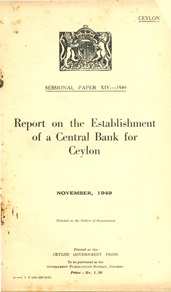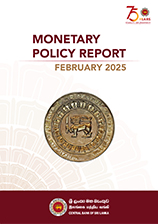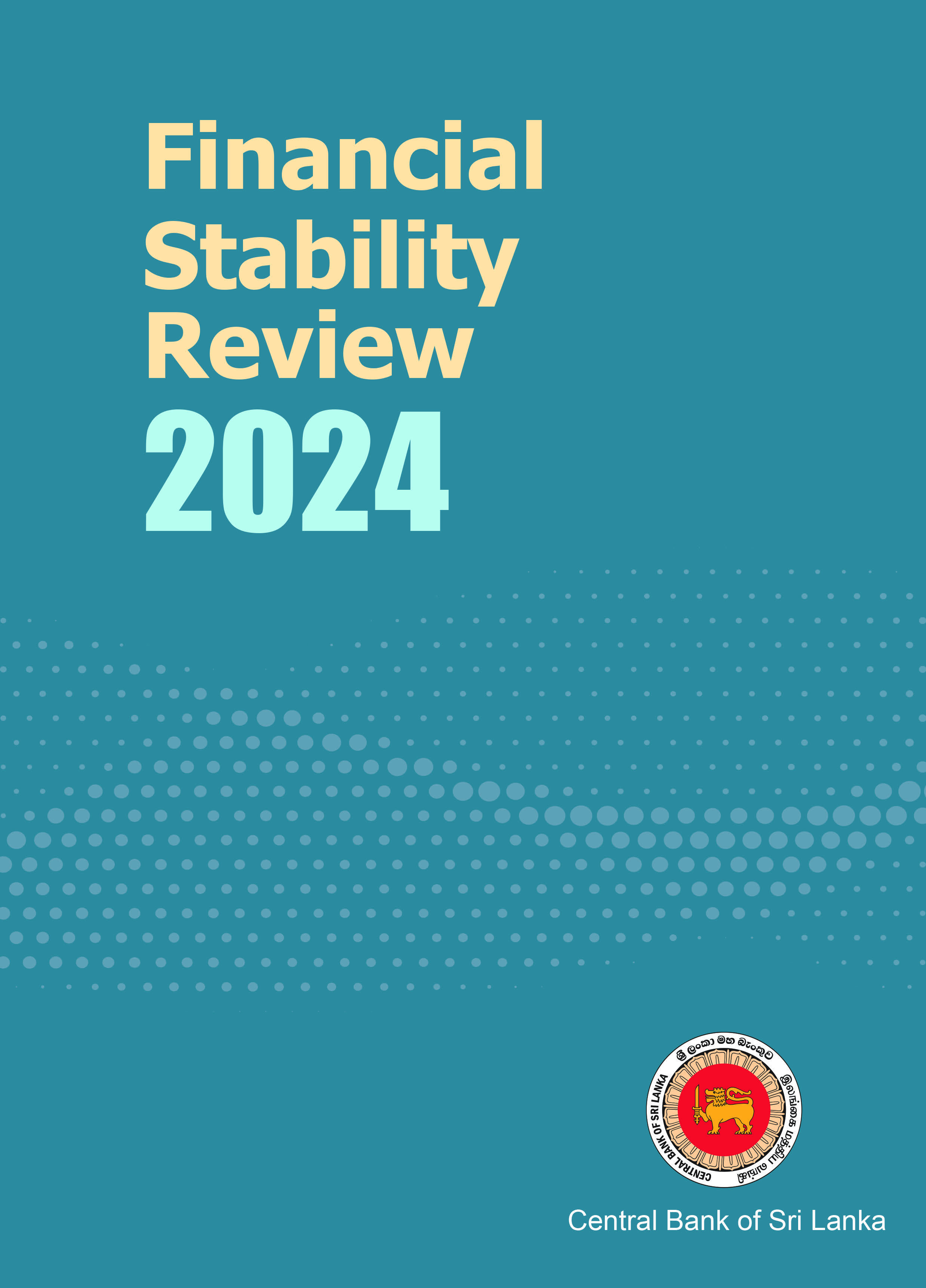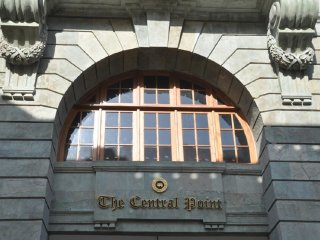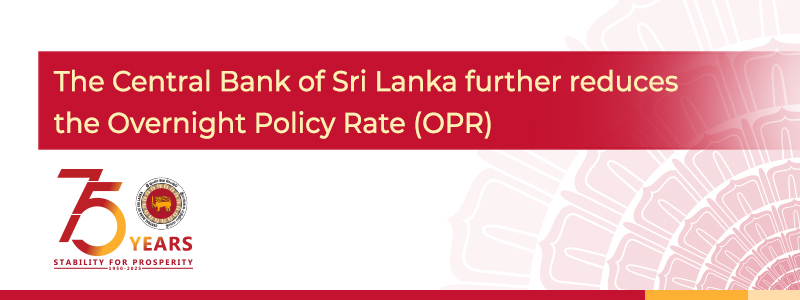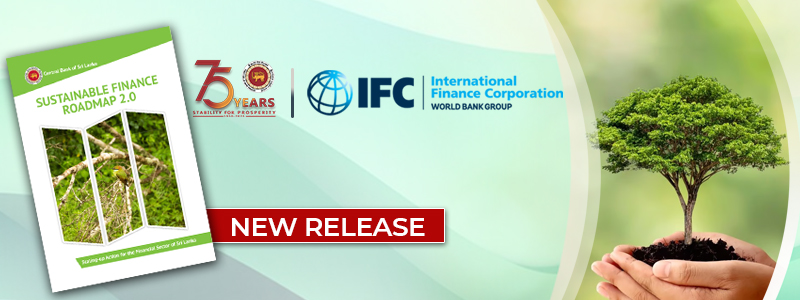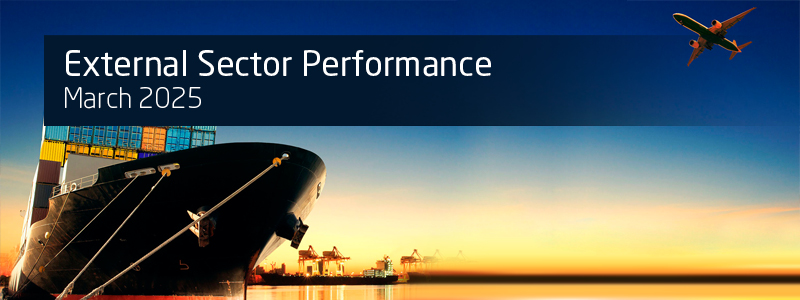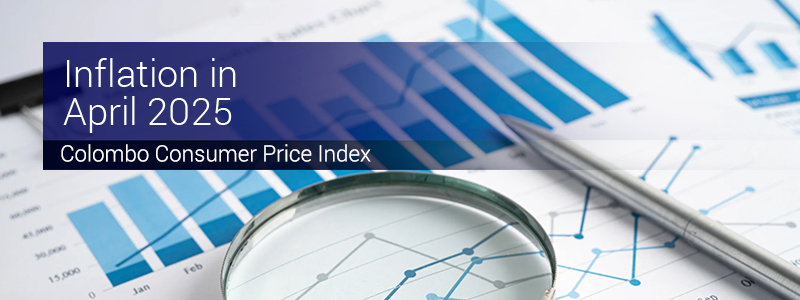On 03 June 2016, the Executive Board of the International Monetary Fund (IMF) approved a three year Extended Fund Facility (EFF) of SDR 1.1 billion (approximately USD 1.5 billion) for Sri Lanka to support the balance of payments (BOP) position and in support of the government’s economic reform agenda. This amount is equivalent to 185 per cent of the country’s current quota with the IMF. The first tranche under the EFF amounting to SDR 119.9 million (approximately USD 168.1 million) will be made available to Sri Lanka immediately. The remaining amount will be disbursed in six tranches over a period of three years, with the final tranche is expected to be disbursed in April 2019. The interest rate applicable on the EFF, the basic rate of charge is equivalent to the SDR interest rate, which currently stands at 0.05 per cent per annum, plus 100 basis points. Hence, the interest rate of the EFF facility is significantly lower than the prevailing market rates. The IMF is expected to conduct regular reviews of the country’s economic performance commencing November 2016.







